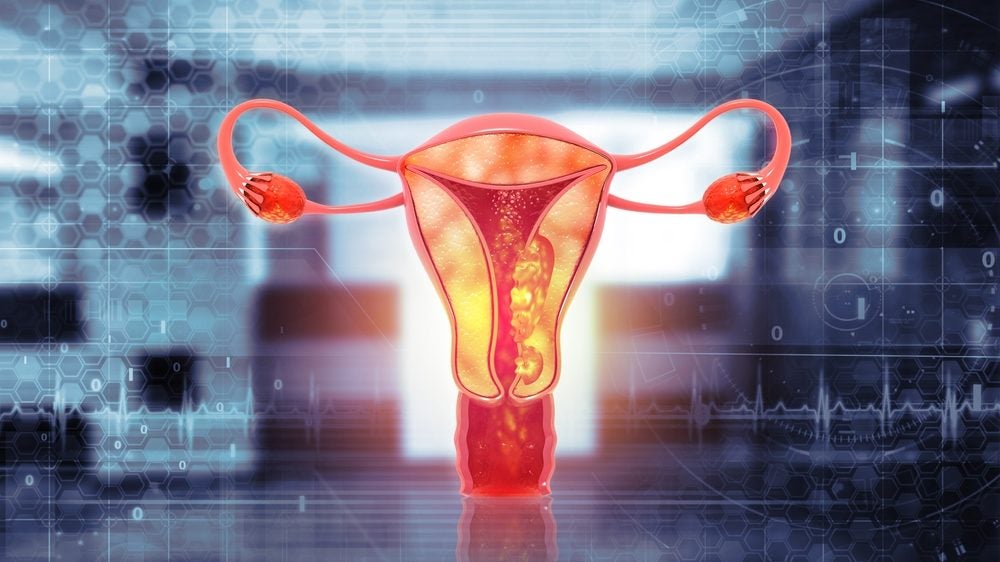
Nykode Therapeutics has teamed up with Roche to collaborate in an upcoming clinical trial in advanced cervical cancer.
The trial will investigate Nykode’s lead candidate VB10.16 in combination with Roche’s immunotherapy Tecentriq (atezolizumab).

Discover B2B Marketing That Performs
Combine business intelligence and editorial excellence to reach engaged professionals across 36 leading media platforms.
The VB-C-04 trial is expected to be initiated in the US in Q4 2023 with a registrational intent, which will provide a potential fast-to-market path.
Under the clinical collaboration agreement, Nykode will sponsor and fund the planned trial while Roche will provide the supply of Tecentriq. Norway-based Nykode will retain all global commercial rights to VB10.16.
The trial will investigate the combination therapy of VB10.16 and Tecentriq in patients with advanced cervical cancer who have progressed from pembrolizumab plus chemotherapy and/or bevacizumab as first-line treatment.
The VB-C-04 trial will be conducted in collaboration with a US-based non-profit organisation GOG Foundation.

US Tariffs are shifting - will you react or anticipate?
Don’t let policy changes catch you off guard. Stay proactive with real-time data and expert analysis.
By GlobalDataVB10.16 is a first-in-class cancer vaccine candidate being developed for the treatment of human papillomavirus type 16 (HPV-16)-positive cancers. Roche’s Tecentriq was first approved by the US Food and Drug Administration (FDA) for various cancer indications in 2016.
Phase II trial results
In April, Nykode released final data from a Phase IIa trial that investigated the combination treatment of VB10.16 and Tecentriq in patients with advanced or recurrent, non-resectable HPV16-positive cervical cancer.
The trial (NCT04405349) enrolled 52 patients, of which 48% had PD-L1+ tumours. Subjects were treated for up to a year and followed for an additional 12 months.
The primary endpoints measured the incidence and severity of adverse events and the overall response rate (ORR). Secondary endpoints included progression-free survival (PFS), overall survival (OS) and duration of response (DOR).
The combination treatment achieved an ORR of 29%. The median OS was not reached but it was greater than 25 months at the time of analysis, and the median PFS was 6.3 months in PD-L1+ patients.
The PD-L1+ patients with one prior line of systemic treatment are the most relevant population to the upcoming VB-C-04 trial. The ORR in this cohort was 40% and the disease control rate was 80% with a median PFS of 16.9 months.
Cervical cancer landscape
Cervical cancer is the fourth most common cancer in women, with cases largely caused by an HPV infection. GlobalData analysts reported in 2021 that the number of clinical trials in cervical cancers peaked. However, it decreased in 2022. In both years, most clinical trials focused on the efficacy of vaccination programs within specific countries.
HPV vaccination programmes can reduce the risk of cervical cancer development by 87% in women aged between 20 and 30 years compared to an unvaccinated cohort, showed a study published in the Lancet in 2021.
Recently, UK’s National Institute for Health and Care Excellence (NICE) approved Merck’s Keytruda (pembrolizumab) for use in advanced cervical cancer via the Cancer Drug Fund (CDF). This fast-tracked approval will give access to patients with incurable cervical cancer in the UK to a new treatment regime for the first time in nearly 15 years.





